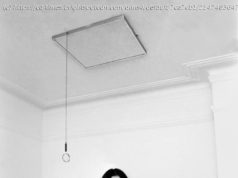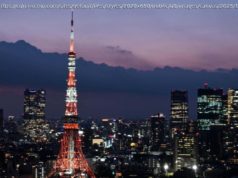Japanese Prime Minister Shinzo Abe is plunging in the polls following a series of scandals that have placed his office in the spotlight.
July 10 (UPI) — Japanese Prime Minister Shinzo Abe is plunging in the polls following a series of scandals that have placed his office in the spotlight.
Abe, who recently returned from the G20 summit in Hamburg, is now facing the lowest approval rating since returning to his position in 2012, the Financial Times reported Monday.
According to a poll taken by the Yomiuri Shimbun, only 36 percent of survey respondents said they support the prime minister, down 13 percentage points from a month ago, when the poll was last conducted.
The approval rating is down by 25 percentage points from May, according to the report, and is lower than the 41 percent approval rating Abe garnered in September 2015, when he pushed for the passage of a security bill that would allow Japan’s forces to fight overseas.
The prime minister’s steep drop in popularity comes at a time when his government has been discouraging freedom of expression in the media, according to the U. N. Special Rapporteur on freedom of expression.
His administration has also threatened to punish staffers for leaking documents pertaining to recent scandals.
The most recent scandal, involving Kake Gakuen, was brought to light by anonymous leakers in Abe’s government, and by a former administrative vice education minister, Kihei Maekawa, The Japan Times reported in June.
Maekawa has interviewed with local television network NHK regarding the scandal, involving the transfer of zero-cost land to the Okayama University of Science, owned by Kotaro Kake, a close friend of Abe and the owner of Kake Gakuen.
But Maekawa’s interview with NHK did not air in June, and the Yomiuri reported Maekawa visited a „shady dating bar“ in Tokyo, days before he was scheduled to appear at a news conference.
Maekawa has said Abe’s office „was involved“ in the Yomiuri report, and suggested the article was published to smear his reputation.
At a parliamentary hearing on Monday, Maekawa said he did not bring the school scandal to light during his term in government because he was „embarrassed and ashamed“ by his findings.
The former Japanese government official, who resigned in January, said he is supporting the claims of leaked documents because he felt the public must know of the incident, South Korean newspaper Segye Ilbo reported.






